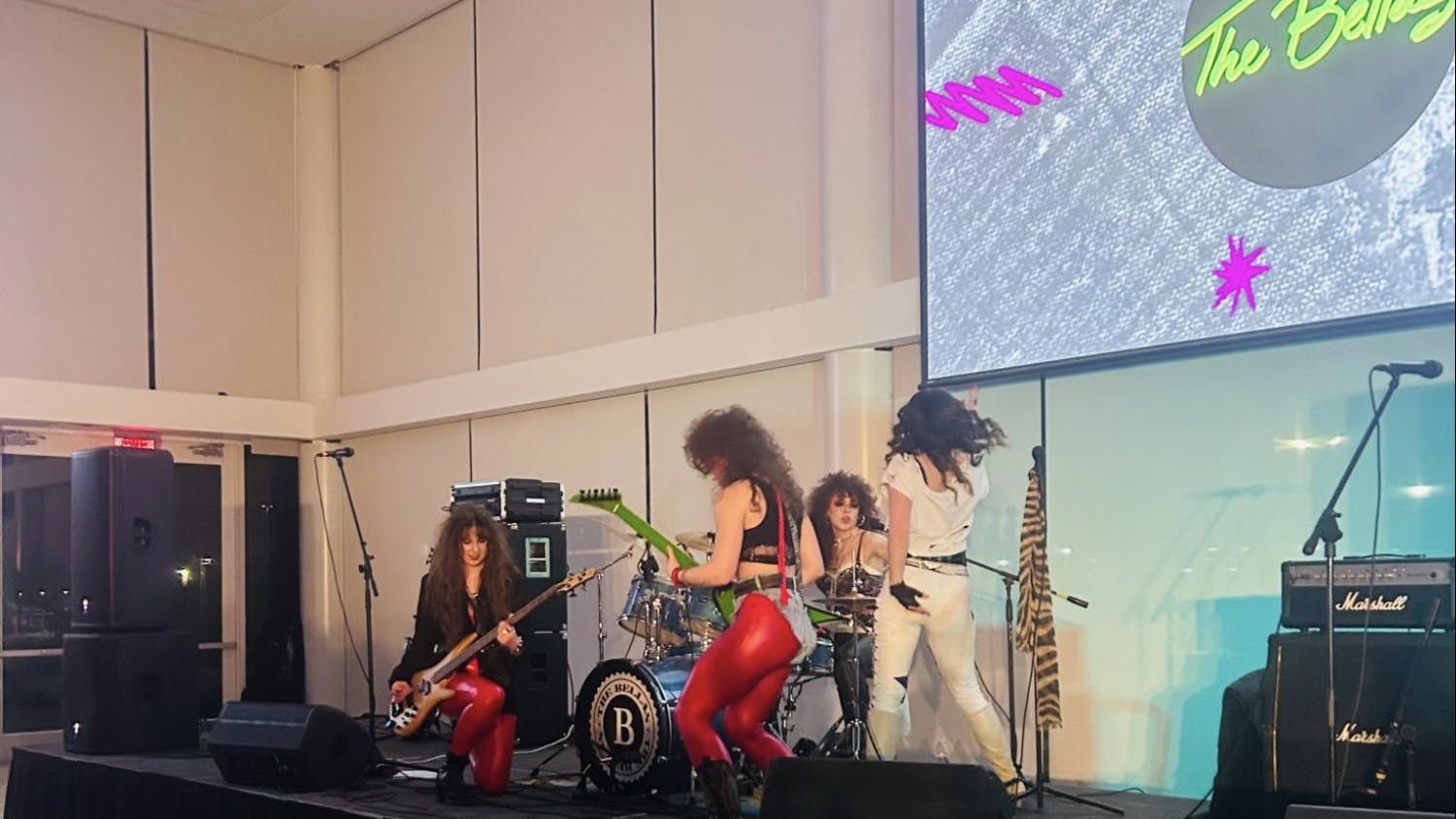By McKenzie Collins
At your local elementary school’s infamous Spook-tacular, children in costumes huddled in groups, mothers passed out cupcakes and Michael Jackson’s “Thriller” echoed through the gym. Did anyone notice? Should anyone notice?
Amongst Jackson’s legacy lies a plentitude of sexual assault allegations — nearly undisputed at this point — so how has this song become an October staple? When influential members of society are criticized for the immorality of questionable (or unabashedly wrong) actions, the internet works itself into a cancel culture frenzy.
However quick some may be to call out an influencer, it must be recognized that our society has reached a political and social watershed. With nearly 80 percent of Americans taking part in social media last year, according to a study by J. Clement, a research expert on internet and e-commerce, information can be spread in seconds. While this can be problematic when an accusational story leaves little time for counter-argument, should the quick-witted comebacks of Twitter patrons be tamed?

In the case of someone like Johnny Depp, a well known victim of “canceling” whose allegedly abusive relationship is full of gray areas, the resulting harassment was likely unwarranted. However, in the case of J.K. Rowling, a woman who claims to be highly educated yet also made offensive statements fully knowing how it could be taken, she used her influence to spread a hateful message and deserved the social consequences.
One of the transgressing tweets went as far as questioning the existence of transgender women. Her spiteful rambling reads, “People who menstruate. I’m sure there used to be a word for those people. Someone help me out. Wumben? Wimpund? Woomud?,” and caused the Robert F. Kennedy Human Rights Group to recall her award for esteemed public service. Despite the validity of the backlash, the question remains: is it wrong to continue to enjoy her content?
When your childhood hero has done something offensive or against public opinion — in my case, J.K. Rowling’s publication of her transphobic views — how you choose to proceed may not only affect their life, but yours as well. Curiously, many who partake in “canceling” consider themselves liberals, despite the fact that liberalism is meant to welcome debate. The ostracizing of those who continue to support canceled celebrities is commonplace, especially when the celebrity in question is responsible for criminal actions. Twitter patrons and social circles alike must remember that it is only human to be unable to turn off your emotions. Anger and appreciation may be opposites, but that does not mean that they can not coexist.
I, along with most adults, have come to the conclusion that the heroes of my childhood are flawed. These people do not deserve to be worshipped and many have abused the power that our generation has bestowed upon them. But once a piece of art is released into the world it can not be reclaimed.
The missteps of Michael Jackson, Johnny Depp and J.K. Rowling, among others, should be recognized and addressed socially, within their careers and their previous works. But the messages that you take out of their media should not change. Not only would this shift the impact of their works and give momentum to their misdeeds, but it would taint the nostalgia of the public. Ultimately, to prove the magnitude of their fallacies and faults, the public has a responsibility to bring the true, righteous meaning of the work to light.










